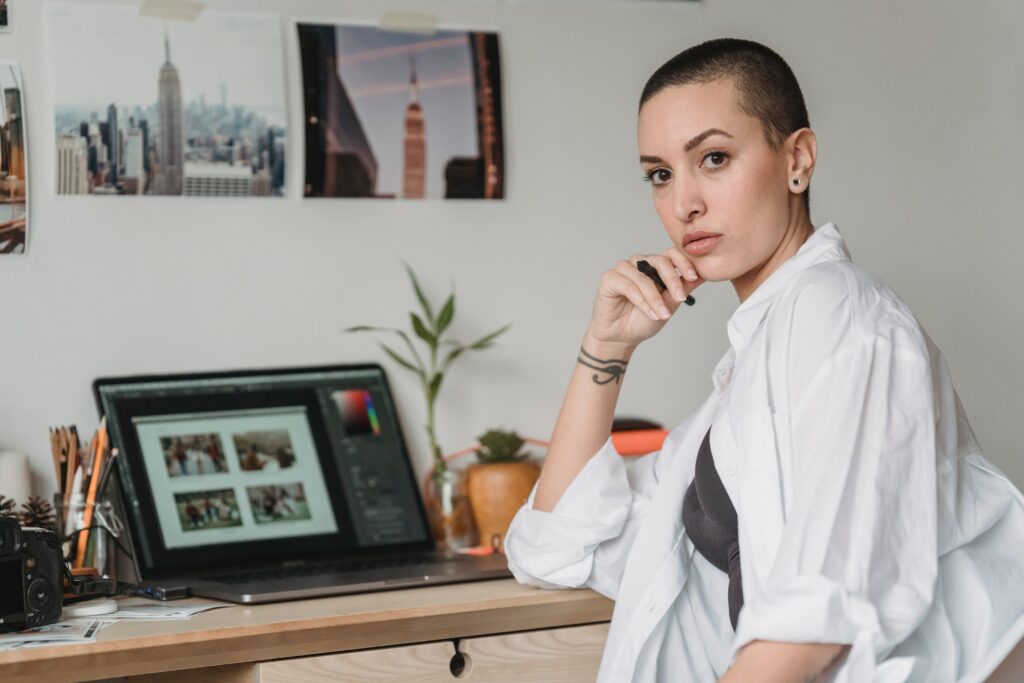US Government data from 2018 states the role of “meeting, convention and event planners” to be 79.5% female and 20.5% male, yet the average salary for males is $50,531 but only $46,526 for females — a 8.6% difference.

The salary difference may be explained by the fact that the balance shifts to being male dominated when it comes to senior roles, as suggested by Carina Bauer, CEO of IMEX: “the industry is 70% women powered, but only 20% women led, meaning that, clearly more work around equality of opportunity is needed.”
Numbers like these are often alluded to, but hard data is hard to find. This is something that is being addressed by new research from Auburn University, led by past leaders of the now disbanded Association for Women in Events. The focus is on assessing women’s career development in the meetings and event industry and you are invited to participate here.
The great thing about the event industry is that, while it may be part of the problem, it serves an important function in connecting people to celebrate women and collaborate on solutions. In this post, we share hard-won lessons from some of the industry’s most respected female leaders and share a selection of events connected to International Women’s Day.
Why Celebrate International Women’s Day?
The origin of this day stemmed from the first women’s rights convention in the U.S., started by two women after being barred from speaking at an anti-slavery convention. Barring women from speaking seems extreme to us today, but EventMB’s work has highlighted many issues that continue to be prevalent today.
“The events sector now more than ever needs to celebrate women every day, not only on IWD! More importantly, women need to learn how to celebrate themselves and others — small and large wins.” – Dahlia El Gazzar, Tech Evangelist + Idea Igniteur, Dahlia+Agency.
Bauer agrees and adds that, “one way to advance women is to celebrate achievement and showcase the ‘wins’ and the role models. I think that’s a really valuable way to ‘light a path’ for others.”
For Fiona Pelham, CEO of Positive Impact Events and Chair of ISO 20121, there are even bigger reasons to try and make a difference. “Event professionals are responsible for creating the future of human connection and the foundation for that has to be gender equality — ensuring everyone’s voices are heard.
What Needs to Change?
We have covered male-dominated panels (manels) and male-heavy speaker line-ups are part of our drive for greater diversity on stage at events and also on our webinar on Diversity in Events (available on demand). We’ve also shone a light on how the event industry is connected to issues such as human trafficking, sexual harassment and other types of harassment. Even booth babes continue to be a feature of some in-person events, and we are far from making childcare a standard feature.
Tahira Endean, Head of Events at SITE Global, explains it in this way: “I would like to see women be able to work with respect and professionalism, and not as victims of anyone who feels they have the right to violate our space or selves — physically or emotionally. We can create safe spaces from the top down to ensure we have a healthy and fulfilled roster of event professionals to continue and grow our industry who are engaged in creating best-in-class spaces for connection and dialogue across all industries, globally.”
“I’d love to see more people in the event industry respectfully challenge each other to shake things up, think more creatively, and make space for voices and ideas of people at all levels of leadership, not just those with seats around the table.”
– Courtney Stanley, Keynote Speaker, Event Emcee and Career Coach
How Can We Make a Difference?
Stanley encourages everyone to, “work together to elevate women to greater levels of influence, where their voices will be amplified and their impact will be more effective,” as she believes that that’s where change truly begins. This feeling is echoed by El Gazzar, who says, “make it a constant effort to showcase women, their achievements, their ideas, be inclusive, and repeat.”
Pauline Kwasniak is the founder of the Female Event Planners Community. In her own community work, she shares real stories (both the high and the lows) of top businesswomen to inspire women to believe in themselves more and to take a leap of faith: “We need to humanise success and show that successful women are not born, but made. You cannot feel empowered without self-confidence.”
IN CONCLUSION
We are far from done in securing gender equality in the event industry. Just as with other diversity issues, the solution is not simple or fast. With an industry grappling to understand where it’s future lies, it’s important not to get sidetracked with other issues.
Gender equality is possible, and it’s encouraging to think that event professionals can play an important role across all industries and regions in making sure that everyone’s voice is heard.
